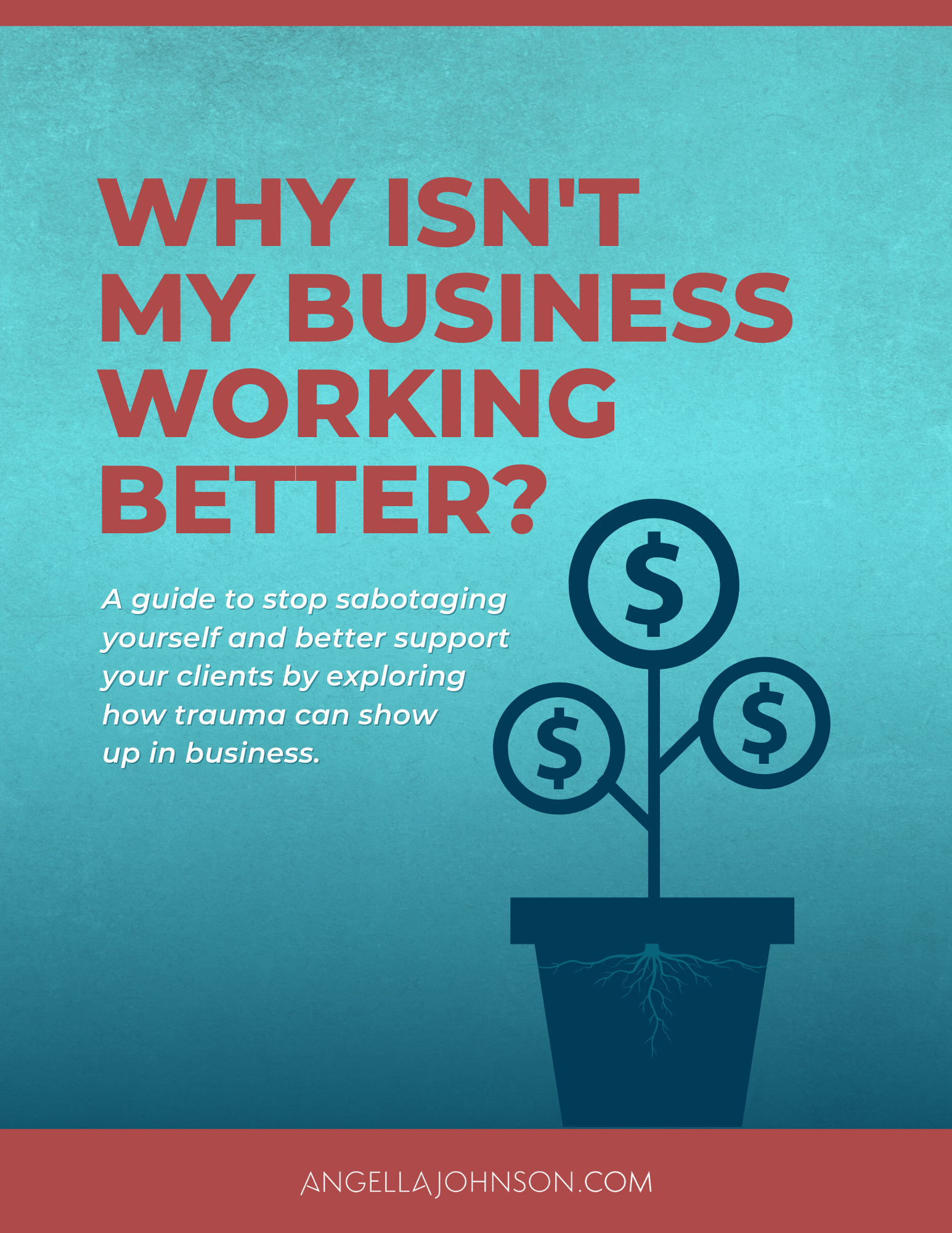Are you coaching to be liked? Or to make a difference?
As coaches, especially with the gift of empathy and seeing someone’s potential, it can be easy to get into the mode of nicey-nice coaching.
As a coach, sometimes our job is to tell people what they don’t want to hear. It’s not our job to determine how our client feels, that’ is their choice. It’s not about delivering truth bombs just because we can, it’s about holding up a mirror for the client to see their own patterns so they can create more possibilities rather than limiting their potential with the pattern they are engaging in.
I remember some of the truth bombs previous coaches have told me in the past and it wasn’t always pleasant. In fact, at the time, I often got really mad and looked for ways to support my story, instead of seeing the truth in their coaching.
In every instance I got a breakthrough. It required my coach to be honest with me, even when I didn’t want to hear it.
Have you ever held back from being honest with a client because you are afraid you would make them mad, even so mad they may want to quit your program?
I love Rich Litvin’s position on powerful coaching and it gives you something really good to think about, especially if you are used to being the “nice” coach. (His book he co-wrote with Steve Chandler, The Prosperous Coach is a must-read for coaches.)
If you are stuck in a pattern of being the nicey-nice coach, is that really creating more for your clients or keeping them stuck in an illusion that everything is fine, when it’s clearly not and that’s why they hired you?
I’m reminded of part of the motto of Planet Fitness: “We’re not here to kiss your butt, but we are here to kick your butt if you need it. After all, the world needs you.”
That is the energy of powerful coaching. You can deliver truth with absolute love and grace, this is not about being a bulldozer and delivering it with a slap in the face.
And sometimes being a powerful coach requires you to be a fierce stand for no excuses. At times it means you will be an unwavering stand for what your client said they wanted, but their fear is louder than their dream. As their coach, it’s your job to remind them. It’s not your job to do it for them.
What boundaries are being brought to the surface to be looked at and strengthened?


